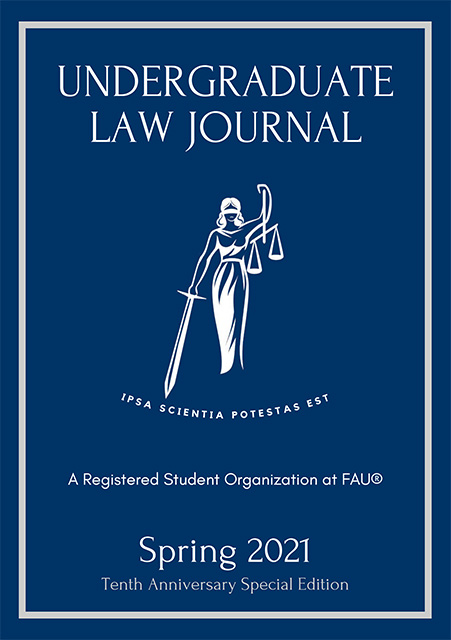China’s “Re-Education” Camps and International Criminal Court Potentiality
Abstract
China's counter-terror policy implementation has rung alarm bells on the international scene. Many individuals, observers, and victims alike have claimed that the Xinjiang Uyghur population is experiencing a serious infringement of their basic human rights. After the appointment of Chen Quanguo as the new Communist Party Secretary of the Xinjiang Uyghur Autonomous Region in 2016, large-scale vocation education and training centers (dubbed "re-education camps") have emerged alongside the dramatic increase of police presence and surveillance. Chen Quanguo has gained a reputation as an ethnic policy innovator through his pioneering of new methods for securing Chinese Communist Party (CCP) rule over the Uyghurs, Tibetans, and other ethnic minorities in western China. These new methods have been effective in their purpose but could be put under the scrutiny of international law and body agreements, most notable the General Assembly Resolution 3/260 that adopted the Convention on the Prevention and Punishment of the Crime of Genocide. If certain allegations about the conditions of the vocation education and training centers prove to be true, then this would be considered criminal. Whether this means there is potential for Chen Quanguo to be tried in International Criminal Court, is still up for debate.


